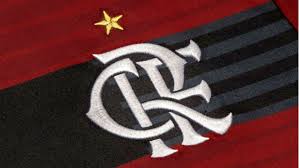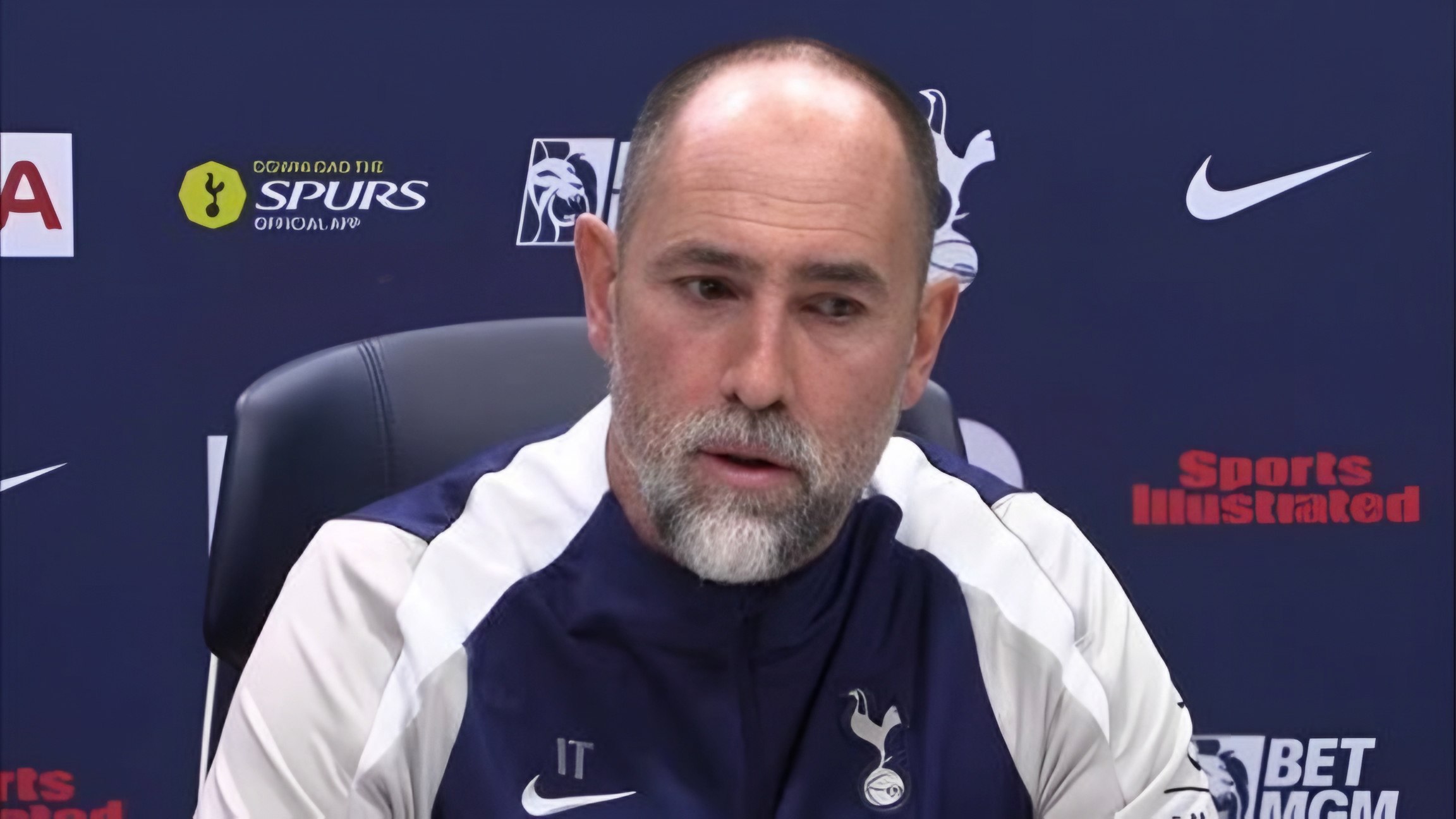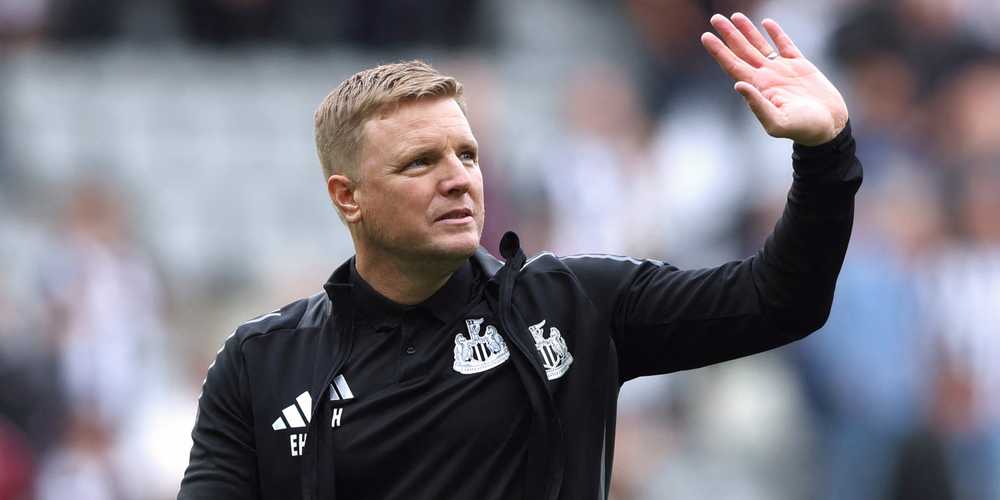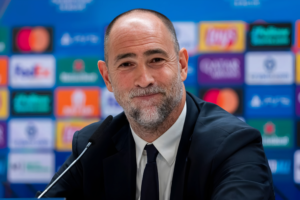Flamengo disputes Libra TV money distribution in court, but will stay in the collective
Flamengo Reaffirms Commitment to Libra Bloc Despite Legal Dispute Over TV Rights
September 8 – Brazilian giants Flamengo have confirmed they will remain part of the Libra bloc, despite a deepening conflict over the distribution of television rights revenue that has caused friction among several member clubs.

Libra is a coalition of Brazilian football clubs formed to collectively negotiate and sell broadcast rights, with the goal of creating a more balanced and transparent revenue model across Brazilian football. However, recent tensions have threatened the group’s unity after Flamengo faced backlash for taking legal action against the collective.
The Rio-based club obtained an injunction from a local court that blocked part of Libra’s proceeds from TV rights sales—an amount totalling R$77 million (approximately $14.4 million). This move infuriated several fellow members, who accused Flamengo of prioritizing self-interest over collective benefit.
Among the critics was Palmeiras president Leila Pereira, who went as far as comparing Flamengo’s management style to that of “flat-earthers”—a pointed remark suggesting the club was refusing to see reason or act in the spirit of collaboration.
Flamengo president Luiz Eduardo Baptista, however, stood firm, ruling out any chance of the club leaving Libra.
“Zero chance (of requesting Libra’s disaffiliation),” Baptista declared. “We’ll live with this contract until December 31, 2029, and they’ll live with Flamengo until that date as well.”
Baptista also hit back at Pereira by questioning a financial deal involving her company, Crefisa, and fellow Rio club Vasco da Gama. According to reports, Crefisa loaned R$80 million to Vasco, securing 10% of the club’s shares as collateral—shares that the bank could retain if the club fails to meet its repayment obligations.
The dispute began when Flamengo challenged Libra’s revenue-sharing model, arguing that the rules were unfair to clubs with larger followings and higher media appeal. The club took the matter to court, prompting Libra to accuse Flamengo of “spreading misinformation” and refusing to engage in open dialogue. Libra also reiterated that its bylaws clearly define the criteria for distributing TV revenue, implying that Flamengo’s legal approach undermines the collective spirit of the organisation.
Despite the war of words, Flamengo remains one of the cornerstone members of Libra, alongside clubs such as Palmeiras, Bragantino, São Paulo, Santos, Atlético-MG, Bahia, Grêmio, Vitória, Remo, Paysandu, Volta Redonda, ABC, Guarani, Sampaio Corrêa, and Brusque.
The controversy underscores the continuing challenge of achieving financial unity and fairness in Brazilian football—a landscape where club rivalries often spill beyond the pitch and into boardrooms and courtrooms. Whether Libra can maintain its cohesion amid such disputes remains to be seen, but for now, Flamengo insists it will stay the course.











Post Comment